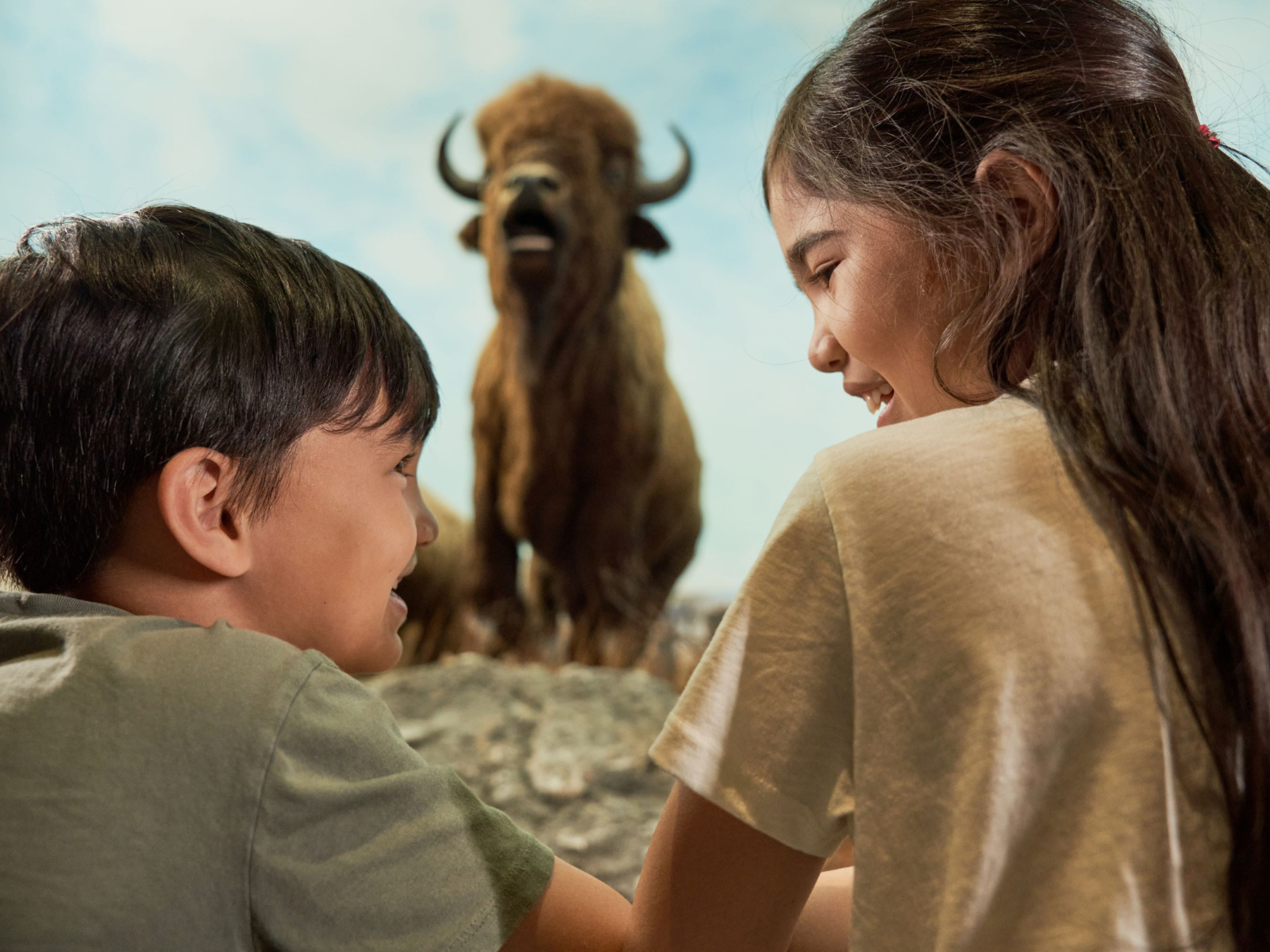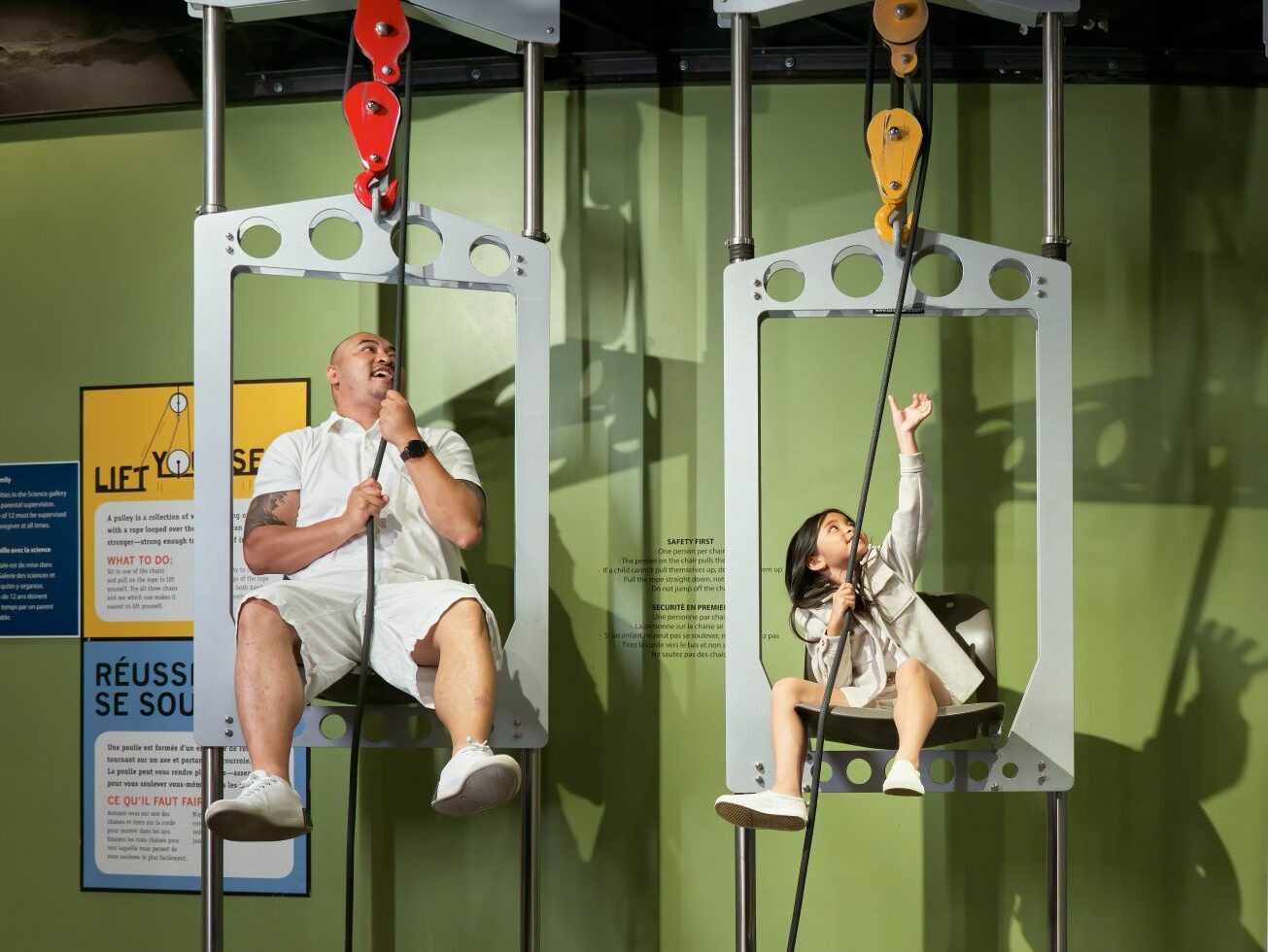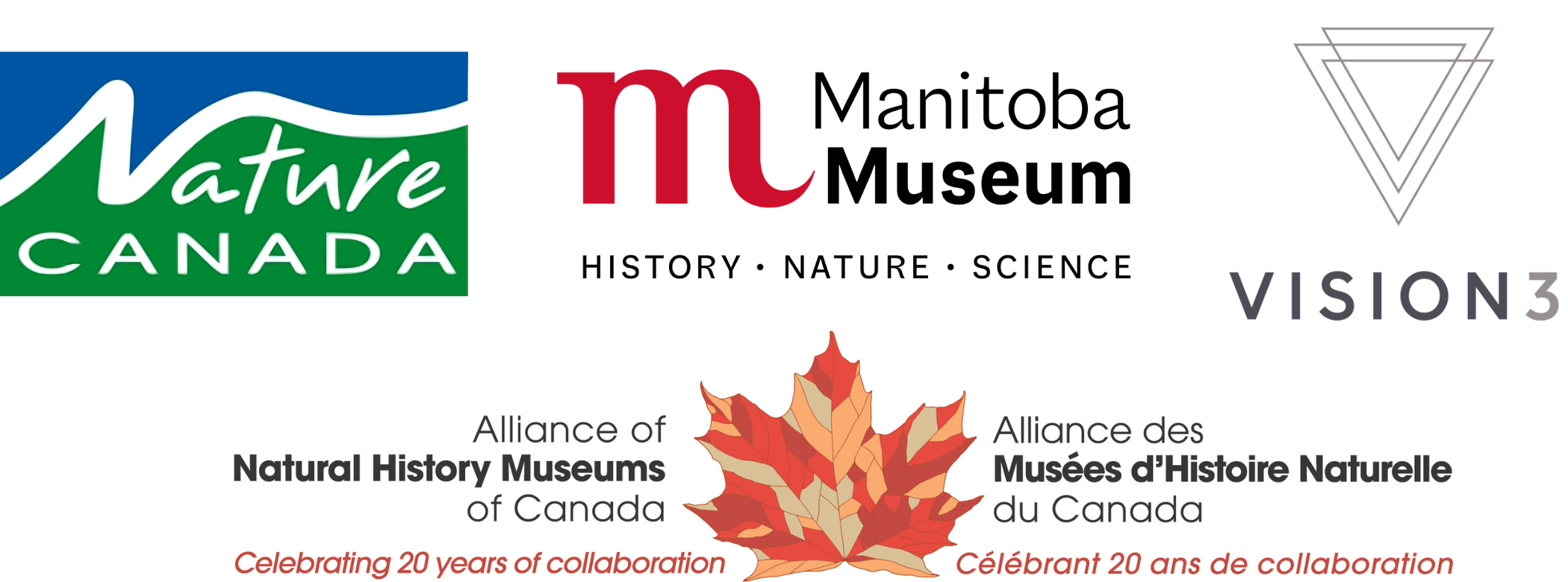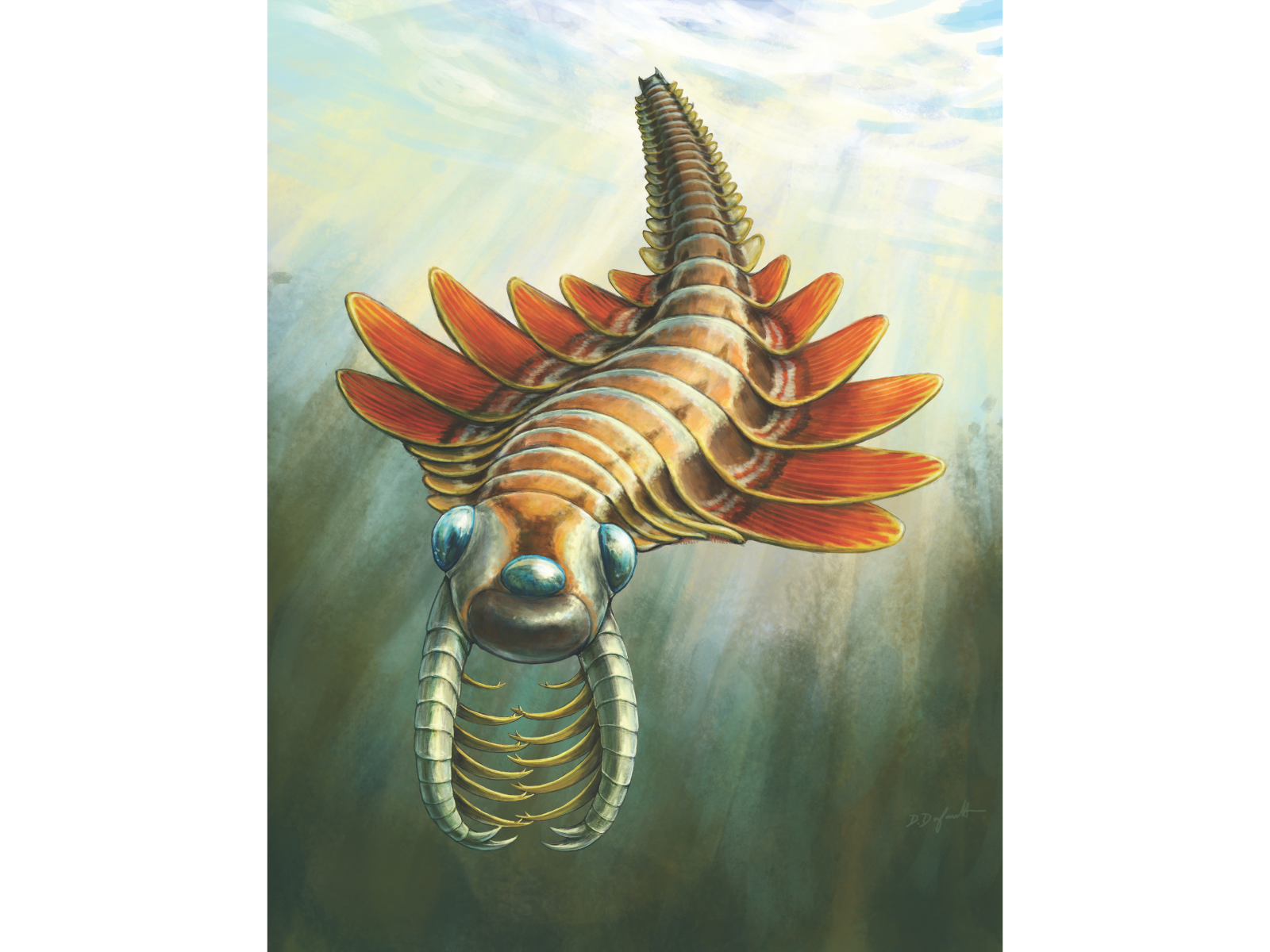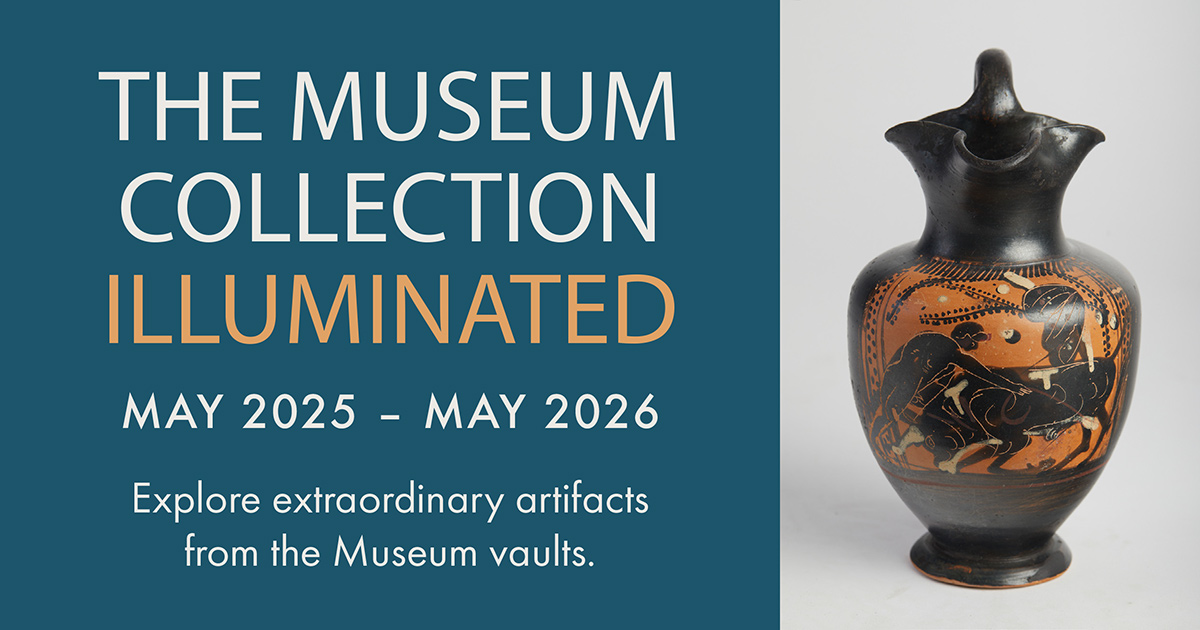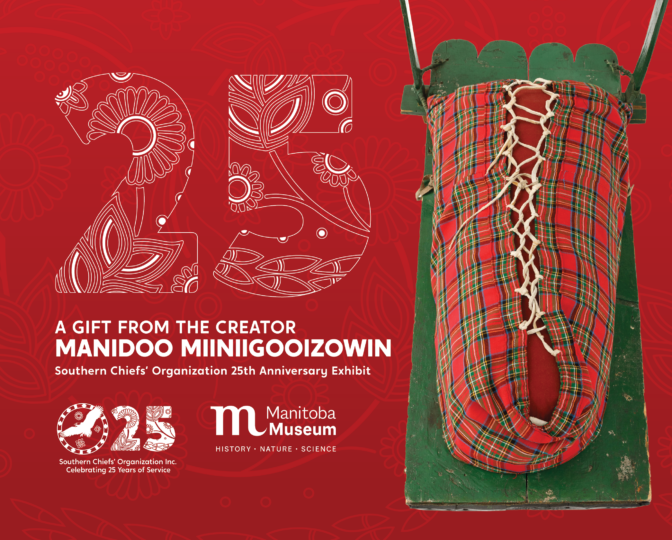Posted on: Wednesday September 17, 2025
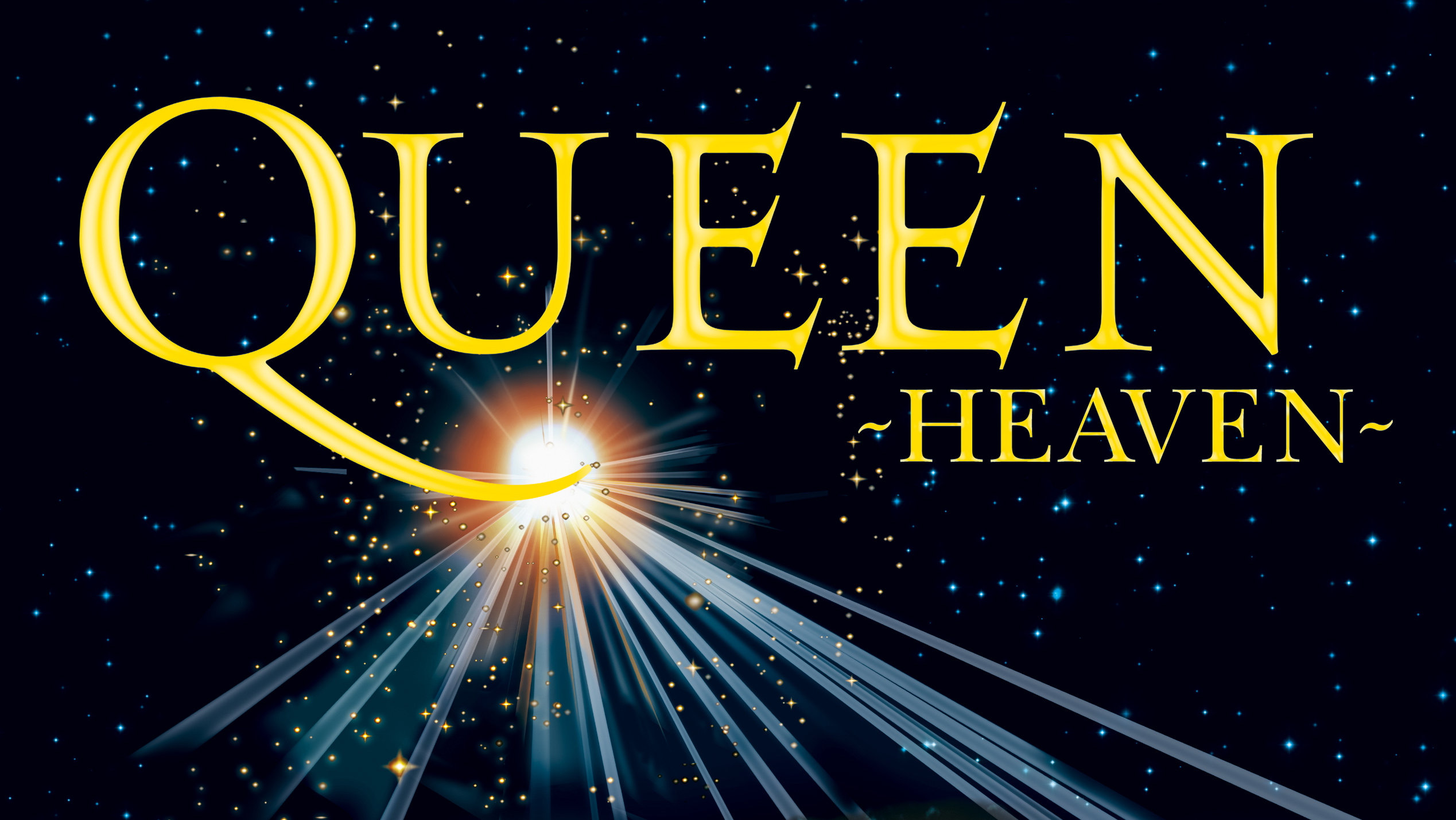
(Treaty One Territory – Winnipeg, MB: September 17, 2025) – The Planetarium dome will rock you this fall as the Manitoba Museum launches special showings of the Queen: Heaven planetarium show.
Queen’s incredible aura, the creativity of their lyrics, and the tremendous power of their concerts now can be seen on the planetarium dome in this thrilling music show. Experience a tribute to these exceptional artists with original footage, images, and remastered concert clips.
“After the extremely popular – and often sold out – run of Pink Floyd’s The Dark Side of the Moon, we wanted to bring Winnipeggers more musical experiences in the Planetarium,” says Planetarium Astronomer Scott Young. “Queen is one of the most popular bands in history, never fading away despite not having a new album in thirty years. This show really brings the band’s music to life. Every song is a banger.”
You will hear the greatest hits and anthems of their band history, such as “Bohemian Rhapsody,” “We Will Rock You,” “I Want to Break Free,” “One Night Standing,” “The Show Must Go On,” “We Are the Champions,” and many more.
“This show is another level above the Pink Floyd: Dark Side of the Moon show the planetarium ran for that classic album’s 50th anniversary,” says Young. “The show isn’t just video effects and space images, it features a lot of classic concert footage and rarely-seen images of the band in performance. I never got to see Queen live in person, but this feels like the next best thing.”
For music lovers looking for a more hands-on concert experience, come early and you’ll get the chance to explore the universe with an adult twist. Show attendees can enjoy beverages at a pop-up bar prior to showtime in the Museum’s Science Gallery and relive the explorations of their youth with hands-on science fun.
Queen: Heaven plays at the Manitoba Museum Planetarium for select showings in October & November. Doors will open one hour prior to the show to give attendees a chance to enjoy a beverage and explore the Museum’s Science Gallery.
Visit ManitobaMuseum.ca/Queen for show times and information.
-XXX-
For more information or to arrange interviews, please contact:
Brandi Hayberg
Manager of Marketing & Communications
BHayberg@ManitobaMuseum.ca
204-988-0614
